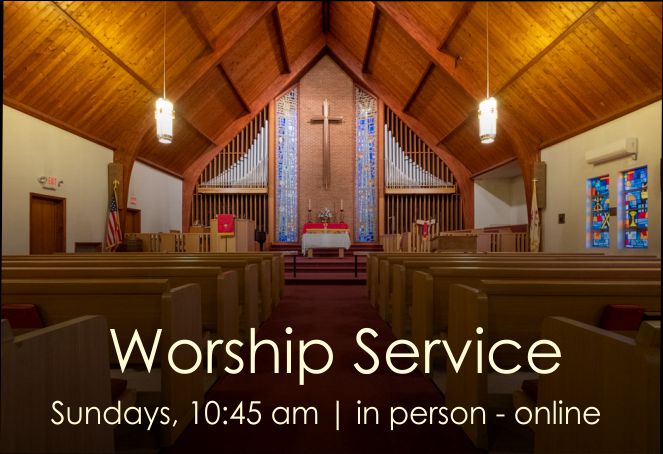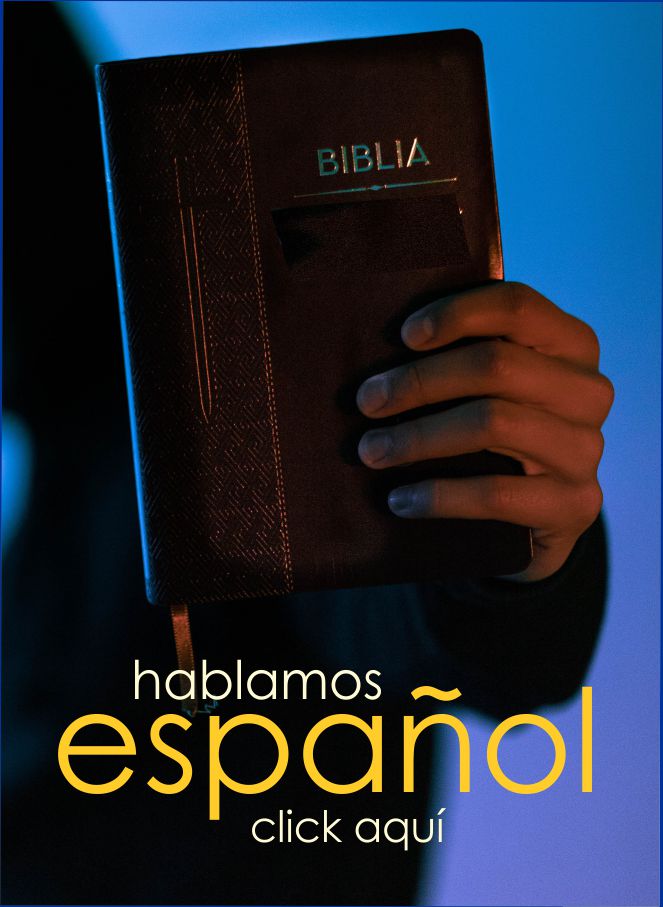Giving Thanks in Hard Times

“Then the Lord God provided a leafy plant and made it grow up over Jonah to give shade for his head to ease his discomfort, and Jonah was very happy about the plant. But at dawn the next day God provided a worm, which chewed the plant so that it withered. When the sun rose, God provided a scorching east wind, and the sun blazed on Jonah’s head so that he grew faint. He wanted to die, and said, “It would be better for me to die than to live.”
But God said to Jonah, “Is it right for you to be angry about the plant?”
“It is,” he said. “And I’m so angry I wish I were dead.” But the Lord said, “You have been concerned about this plant, though you did not tend it or make it grow. It sprang up overnight and died overnight.” Jonah 4:6-10
In our current world, filled with wars, natural disasters, and oppression, it can feel almost impossible to pause and give thanks. How can we find gratitude amid so much uncertainty and pain? Jonah 4:6-10 offers a profound lesson on this very question, showing us that even in the fleeting moments of life’s blessings, there is a call to recognize the hand of God and remain steadfast in doing God’s work.
In this text, we see the prophet struggling with his emotions. After reluctantly fulfilling God’s command to call Nineveh to repentance, Jonah retreats in anger and frustration. God, showing compassion, provides a leafy plant to give Jonah shade and comfort. Jonah is grateful for the plant—but when it withers the next day, he plunges into despair. God uses this moment to teach Jonah a vital truth: the plant, like all things, was a gift from God—temporary yet meaningful.
Life’s Blessings: Gifts to Be Treasured
This passage reminds us that much of life is beyond our control. The plant in Jonah’s story was not something he earned or created; it was a gift. Similarly, the good things in our lives—relationships, opportunities, even moments of peace—are gifts from God. They are to be cherished while they last, not clung to or resented when they pass.
In hard times, it’s easy to focus on what we’ve lost or what feels unfair. But gratitude calls us to recognize the gifts we still have, even if they are fleeting. Just as the plant gave Jonah comfort for a moment, there are blessings in our lives right now, even amid the chaos of the world.
Called to Be the Tree for Others
Jonah’s story also challenges us to reflect on our role in the world. Sometimes, we are the ones receiving comfort and shelter, like Jonah under the plant. But other times, God calls us to be the tree for someone else—to provide shade, encouragement, and love to those in need.
We are called to serve with love and passion, knowing that our time and resources may also be temporary. Like the plant, our work might have a defined season, but that does not diminish its significance. When we act as God’s hands and feet in the world, we bring God’s light into dark places, even if only for a moment.
Gratitude Fuels Mission
Gratitude and mission go hand in hand. When we focus on what God has given us—no matter how small or fleeting—we find the strength to keep doing the work. Wars rage, disasters strike, and oppression persists, but we are not powerless. As followers of Christ, we are part of the solution.
God has placed us in this time and place for a reason. We may not be able to end all suffering, but we can make a difference in our corner of the world. By giving thanks for what we have and sharing it with others, we align ourselves with God’s will and participate in God’s desire of healing and restoration.
A Life of Gratitude and Purpose
The story of Jonah and the plant invites us to embrace life’s gifts with gratitude, to release them when they pass, and to trust in God’s plan. It also calls us to action: to be a source of hope and comfort for others, even as we navigate life’s challenges.
In this season of turmoil, may we find moments to give thanks—not because life is perfect, but because God is good. May we cherish God’s gifts and serve with love and passion, knowing that our work matters, no matter how temporary it may seem. And when our own “plant” withers, may we trust in the One who provides, always faithful, always good.
Warmly,
Rev. David Gaitan – Pastor









